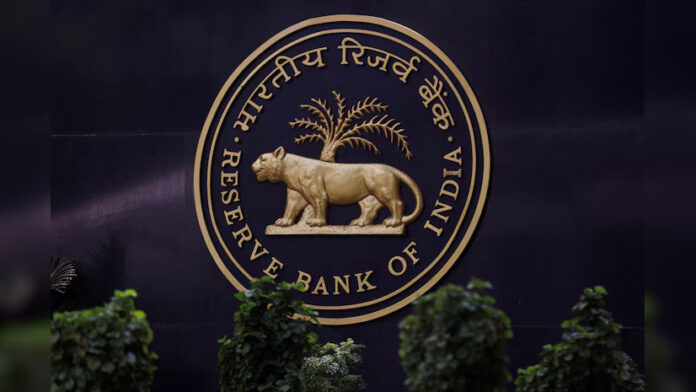In a significant move aimed at increasing transparency and monitoring the financial health of the non-banking financial companies (NBFCs), the Reserve Bank of India (RBI) has directed shadow banks to provide detailed information on their supply-chain financing activities. This directive highlights the central bank’s growing focus on streamlining credit flows to the Micro, Small, and Medium Enterprises (MSME) sector, a vital segment of the Indian economy.
Supply-chain financing, often referred to as trade credit or invoice financing, plays a critical role in helping MSMEs manage their working capital needs. It involves the provision of short-term credit to businesses for purchasing goods or services, ensuring liquidity and smoother operations. Shadow banks, as key players in this domain, have been instrumental in filling the credit gap for MSMEs, which often face challenges in securing funding from traditional banks due to stricter lending norms and collateral requirements.
The RBI’s latest move underscores its intent to obtain granular insights into how these NBFCs are extending supply-chain financing and the associated risks. The directive comes amid concerns about rising credit risks in the NBFC sector, particularly in the wake of recent global and domestic economic challenges. By asking shadow banks to submit detailed data, the central bank aims to ensure that credit is being allocated efficiently and that risks are managed effectively.
The directive is also seen as part of a broader push by the RBI to strengthen regulatory oversight over NBFCs, which have grown significantly in their contribution to India’s financial ecosystem. While these institutions have provided crucial support to underserved segments of the economy, their rapid expansion has also raised concerns about systemic risks and asset quality issues. By focusing on supply-chain financing, the RBI is likely seeking to address potential vulnerabilities in the credit portfolios of shadow banks, particularly those with significant exposure to MSMEs.
Industry experts view the RBI’s move as timely, given the importance of supply-chain financing in fostering MSME growth. By ensuring that shadow banks maintain robust practices and transparency, the central bank is working towards creating a more resilient financial ecosystem. Analysts believe that this step will encourage NBFCs to adopt better credit assessment frameworks and risk management strategies, ultimately benefiting borrowers and the broader economy.
The RBI has yet to release specific details about the reporting requirements, but industry stakeholders expect that the information sought will include data on loan disbursements, borrower profiles, repayment trends, and default rates within supply-chain financing portfolios. The central bank’s proactive approach signals its commitment to safeguarding financial stability while supporting economic growth.
This move is expected to have far-reaching implications for the MSME sector, NBFCs, and the overall financial landscape, ensuring that credit flows remain robust, well-regulated, and conducive to sustained development.









